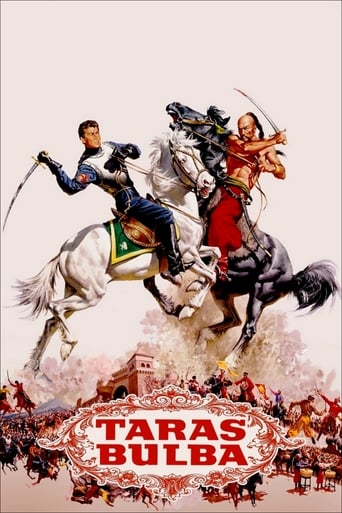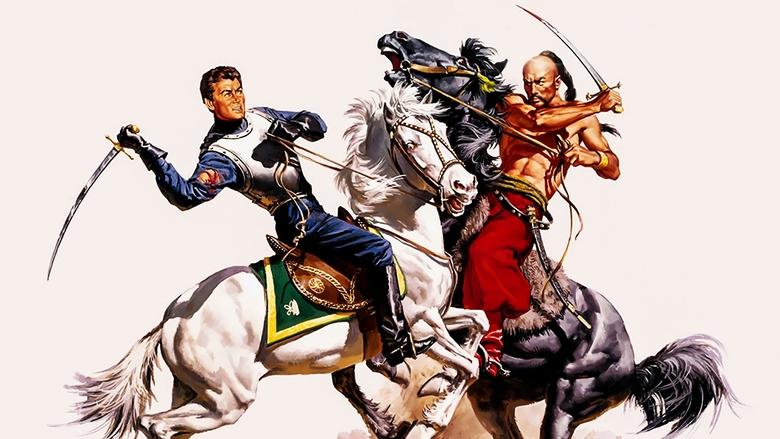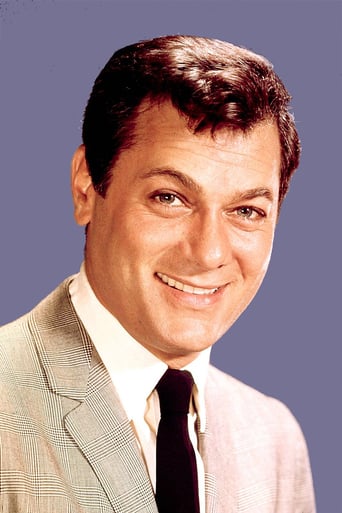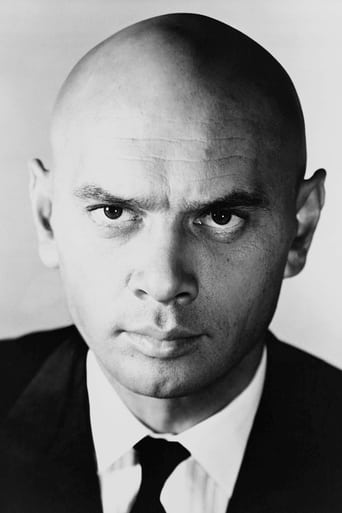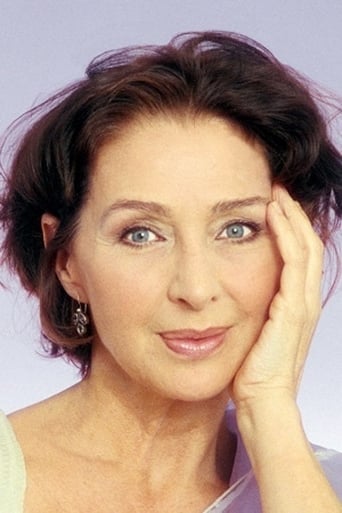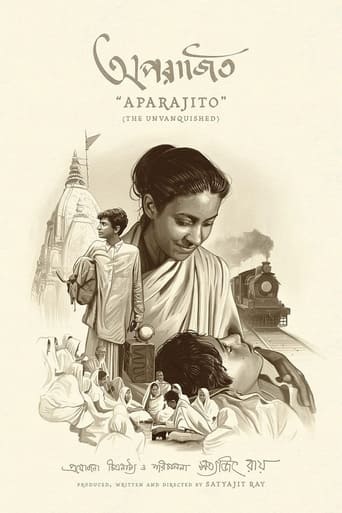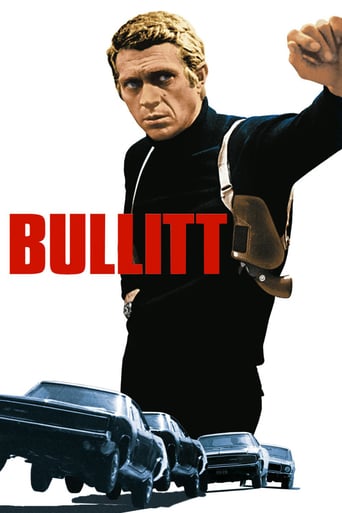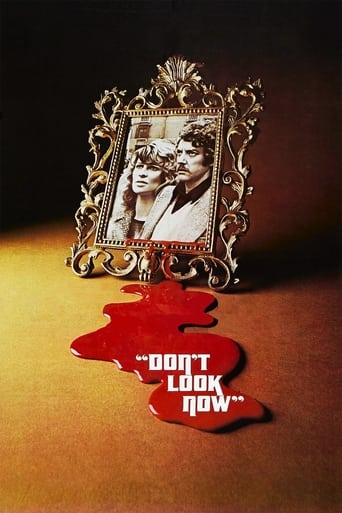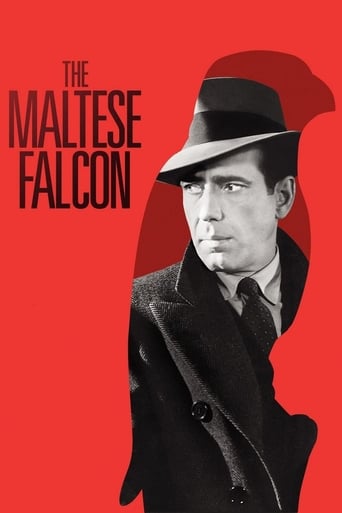Taras Bulba (1962)

Ukraine, 16th century. While the Poles dominate the Cossack steppes, Andrei, son of Taras Bulba, a Cossack leader, must choose between his love for his family and his folk and his passion for a Polish woman.
Watch Trailer
Cast


Similar titles
Reviews
Redundant and unnecessary.
Excellent adaptation.
Beautiful, moving film.
This is a gorgeous movie made by a gorgeous spirit.
I love this movie. The theme song called the Wishing Star by Waxman caps it all off. I think it one of the most beautiful pieces of music ever written. The mass cavalry charges set in Argentina will never be repeated again. Similar scene are shown in the Soviet films War and Peace and Waterloo, both made around 1968. Christine Kaufmann is very beautiful and her later husband, Tony Curtis also as beautiful. Yul Brynner of course plays these sorts of parts with Aplomb. The only other actor I could think of is Kirk Douglas. Then again, they were always similar in these epic roles, weren't they. They just don't make movies like this any more.
Taras Bulba is directed by J. Lee Thompson and adapted to the screen by Waldo Salt and Karl Tunberg from a story by Nikolai Gogol. It stars Yul Brynner, Tony Curtis, Christine Kaufmann and Perry Lopez. Out of United Artists, it's a DeLuxe/Eastman Color/Panavision production, with the music scored by Franz Waxman and cinematography by Joseph MacDonald.Loosely based on Gogol's short novel, story tells of a Cossack uprising against the Polish forces who have taken control of the Ukraine. At the centre of the Cossack army is the leader Taras (Brynner) and his two sons, Andrei (Curtis) and Ostap (Lopez). But when Andrei falls in love with a Polish princess called Natalia (Kaufmann), it sets the wheels in motion for the Bulba family to crack from within; just as the Polish come calling asking for the Cossacks help to defeat the Turkish.While not as epic as the film, the troubled back story of the production is big enough to lend one to understand why Taras Bulba is not the grandiose picture the story deserves. Main problem comes with casting, particularly that of Curtis as the elder Bulba son. It should have been Burt Lancaster, who walked, so in came Curtis and a decision was made to put him front and centre of the picture. Thus rendering Brynner's title character to playing second fiddle, so much so they really should have called the film Andrei Bulba instead. On his day Curtis could act, but he's out of place here playing a Cossack with brain and brawn. Then there was the small matter of Curtis' marriage to Janet Leigh falling apart, with Leigh visiting the set, falling ill and no doubt noticing the sparks flying between Curtis and his delectable co-star, Kaufmann. Curtis would say it wasn't the final straw, but with him going on to marry Kaufman shortly after his divorce, it's hard not to think that it sealed the deal!He's not helped by the writers, though, who allow the love story sub-plot between Andrei and Natalia to form the core of the plot. They too, Messrs Salt & Tunberg, were brought in after historical novelist Howard Fast (Spartacus) refused to tone down the screenplay. He wanted to include what was an important part of the Cossack/Pole war, that of the Cossacks anti-Semitic attack on Polish Jews. The makers balked and Salt & Tunberg came in and delivered the Andrei overkill and some rather cheese laden dialogue. Brynner was crushed, his biography (written by his son Rock) reveals that it was a role and film he cared for more than any other, he had grand plans for the portrayal but the makers didn't share his view. A shame because what we do get of Brynner is wonderfully exuberant, muscular and (correctly) scene stealing.However, when Taras Bulba as a film is good, it's real good, and thankfully it's never dull, even if it's it a bit more jovial in the mid section than it is meant to be. Thompson was a fine director of action and suspense, and he gets to flex his muscles here to great effect. Casting aside the cheap shots of dummies and wooden horses being hurled about a couple of times, the sight of thousands of men on horseback swarming across the Steppes (actual location used was Argentina) is spectacular. The battles are fierce, violent and gripping, while the scenes in the Cossacks camps are joyous as men drink, sing, test their manhood by doing things like dangling over a bear pit, it's all very robust and Vikingesque, but entertainingly so. There's even some dashing sword play, while quality suspense is eked out during a challenge to the death over a seemingly bottomless gorge.Joseph MacDonald's Panavision photography neatly brings the wide vistas to life, aided by the use of Eastman Color which gives off a nice period hue. Waxman delivers a blunderbuss score that's seasoned with Russian vitality, while the costume department deserves a mention for their efforts, particularly for the Polish army who look dandy men of steel. Yes it's a film of flaws and bad decisions, but the good does outweigh the bad in this instance, and how nice it is to have the chance to see a little known part of "bloody" history up there on the screen. 7/10
This movie was quite interesting from the history angle and also had me in anticipation for several of the scenes.Best scenes: --The joining of Cossack brigades as they join forces to attack the Poles. Great cavalry spectacle in a great scenic setting. --The "dual" between Tony Curtis and the big Cossack where they both have to jump the gorge on horse until someone dies. --The Polish battle around the castle near the end.Predictable Script: --The Tony Curtis love angle with the Polish nobility woman.Unpredictable: The punch line between Tony and Yul. nuff said.
Although the famous Nikolai Gogol novel, Taras Bulba, was filmed many times, this version starring Tony Curtis and Yul Brynner is the best known at least in the USA. It's an exciting portrait of 16th century Ukraine under the then powerful kingdom of Poland. What's strangely muted in this version though is the religious angle. The Poles are Roman Catholic and the Ukranians are Russian Orthodox, it's a very big part of the reason for the resentments shown here yet we never see the religious beliefs portrayed for either group. Not sure why the script didn't include it.As rulers the Poles hire out the Cossack Ukranians who in today's terminology might be considered a paramilitary outfit to fight off the Ottoman Turks and then turn on them. Yul Brynner as one of the Cossack brigade commanders lops off the right hand of Guy Rolfe, the Polish prince in retribution, but that hardly satisfies. He goes back to the steppes of the Ukraine and awaits a time for some real payback.In the meantime he fathers two sons, Tony Curtis and Perry Lopez, who both inherit their father's geopolitical views. Brynner sends them off to school in Poland to learn all the Poles know.While there Curtis falls in love with a Polish princess Christine Kauffman. It's the beginning of his downfall as a Cossack.In his memoirs Tony Curtis says that Yul Brynner was a strangely aloof character with a sort of self imposed grandeur about him in his manner. But that Taras Bulba was a part he was born to play. I certainly can't visualize anyone else in the role, including Burt Lancaster who originally had the screen rights then gave them to Tony Curtis when he couldn't do the film. Of course Brynner being in the title role might have had some resentments to being second billed to Curtis, but Curtis in fact as a co-producer and he who produces decides billing.Curtis also mentions that on the Argentine pampas location away from American laws, the long banned 'flying W' was used in the filming of the battle and charge scenes and many horses were killed. He also mentions that with production overrun costs and accountants ripping him and the film company off what started as a three million dollar film became a nine million dollar film and Taras Bulba in theatrical release barely cleared ten million.However Tony did get a second wife out of the film. Christine Kauffman became the second Mrs. Tony Curtis after the film. Curtis says that Christine did not break him and Janet Leigh up, that things were over before he met here, still that was the common gossip back in the day.Director J. Lee Thompson made great use of the Argentine pampas standing in for the Ukraine steppes and one does get a feel for the Cossack love of the land the freedom of the wide open spaces. Cossack stories in the Ukraine are just like our American westerns. Those people for all their faults settled and conquered much of what is now Russian Federation.As a bonus Franz Waxman's musical score which did earn Taras Bulba it's only Academy Award nomination is really quite rousing. We get to hear Yul Brynner sing in this film which is a treat, a Cossack drinking song. And the love theme for Curtis and Kauffman, The Wishing Star, is a very beautiful song that Tony Martin put on an album of film songs he did at the time.Ukranian Americans loved this particular film for which I can personally attest. I think others will as well.

